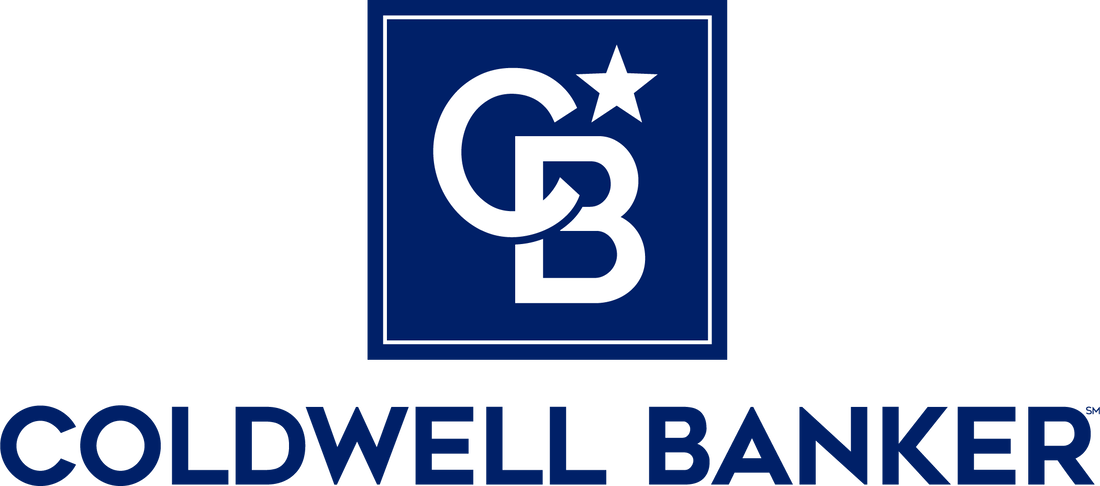1. Earnest Money
There needs to be some cash involved in the beginning of a transaction to protect the sellers interests while they take their house off the market. Earnest money is your proof as a buyer that you “earnestly” want to purchase their home.
Some REALTORS® will collect earnest money from you before they submit your offer. Others will coordinate the earnest money drop off after an offer is accepted. Whatever your scenario is, make sure that your earnest money is delivered on time and in the proper payment form. This information is usually documented in your sales contract.
2. Property Inspections
Once you have an executed sales contract in hand, the clock starts on your inspection period. Make sure you know how long your inspection period is, and complete your inspections in a timely manner. There are multiple types of inspectors that you may need to schedule. A standard home inspector is the most common, but radon, pest, septic, structural, HVAC, and mold inspections may also be relevant to your buying situation. Discuss your options with your REALTOR®. Make sure that you have resolved any inspection issues within the time allowed in your sales contract.
3. Lender Documents
As soon as you have an executed sales contract, you will need to communicate with your mortgage lender so that they will start the mortgage process. Be prepared to provide lots of documentation throughout this transaction. Make sure that you get the requested documentation to them ASAP to limit any problems with their timeline. Some lenders are not as thorough with regards to checking in with you to keep you updated on their progress. Make sure that you are checking in with them to verify that they are on track. Your REALTOR® should help you with this as well. If a lender does not complete the loan process in a timely manner, it can cause you to be in breach of contract by not closing on time. If you stall on any requested lender docs, you can be sure that the finger will be pointed at you if they are not ready. Make sure that you are not put in this situation by promptly providing any documentation to your mortgage lender in a timely manner.
WHAT'S NEXT???
4. Title Commitment
This step is handled by the Title Company. They will issue a title commitment that reviews the title history of the property and discloses any liens against the property that need to be resolved before closing. Be sure to review your title commitment and ask an attorney for advice if you see anything in it that looks concerning. Most title commitments are straight forward and require no additional work on your part. Just be sure to review it thoroughly before moving on to the next step.
5. Appraisal
Once you have cleared the Inspection process, let your lender know. They will then order a home appraisal to verify that the value of the home your purchasing is worth the loan amount that you are asking for. It is important to make sure that your lender orders your appraisal as soon as possible. It’s likely that you will be paying for the appraisal, so it’s best to wait until after you have completed the inspection process.
6. Home Owners Insurance & Warranties
Your lender will require you to have a Home Owner’s Insurance Policy on the property that you are purchasing. You will want to shop around and choose the home owners insurance provider and policy that works best for you. Once you have the policy in place, let you lender, REALTOR®, and/or title company know.
Also, some sellers will provide an allowance for you to purchase a home warranty. If you are purchasing a home warranty, you’ll want to shop around and find the home warranty company that best suites your needs. Your REALTOR® should also be able to help with recommendations. Once you have found the right home warranty provider, be sure that the title company knows who you plan to use BEFORE closing.
FINAL STEPS:
7. Turn On Utilities
Now that you are past all of the major steps required to purchase your home, you will want to get your utilities turned on, or transferred into your name. The sellers often provide all of the relevant utility contact info in the Seller’s Disclosure.
8. Schedule Closing Date & Time
Your sales contract will have an agreed upon closing date. Make sure that you and/or your REALTOR® have contacted the title company in advance to make sure they have a time slot open that is convenient for your schedule. Some sellers like to close at the same time as the buyers, so your REALTOR® may need to coordinate this with the listing agent as well. This is usually an easy step - just make sure that it doesn’t get put off until the last minute so that the title company can accommodate your request.
9. Final Walkthrough
It is wise to do a final walkthrough before the closing. The purpose is to verify that any repairs have been completed, that all of the seller’s personal belongings have been moved out, and/or to make sure that the home is ready to move into. This is not a time to renegotiate any items on the sales contract. It’s simply a safeguard to make sure that no major issues arise that could cause the closing to terminate; which would likely be followed by legal proceedings to mitigate the issues.
10. Close The Transaction
On the day of closing, you will need to have your driver’s license (or other approved photo ID) and certified funds (cashier’s check or wire transfer) for any monetary amount required from you at closing. You will meet at the title company to sign all of the required documentation. A typical smooth closing usually takes about an hour or so. Once the documentation has been signed and your lender has funded the transaction, you will be given the keys and the house is yours!
A good REALTOR® is your best resource to make sure that every step above is met in a timely manner with no added drama. Buying a home takes time and energy, but it’s extremely rewarding as well. After you sign the papers at closing and get your keys, all of you and your REALTOR®'s hard work will have paid off, and you will feel a wave of excitement as you move on to enjoy your new home!



 RSS Feed
RSS Feed
